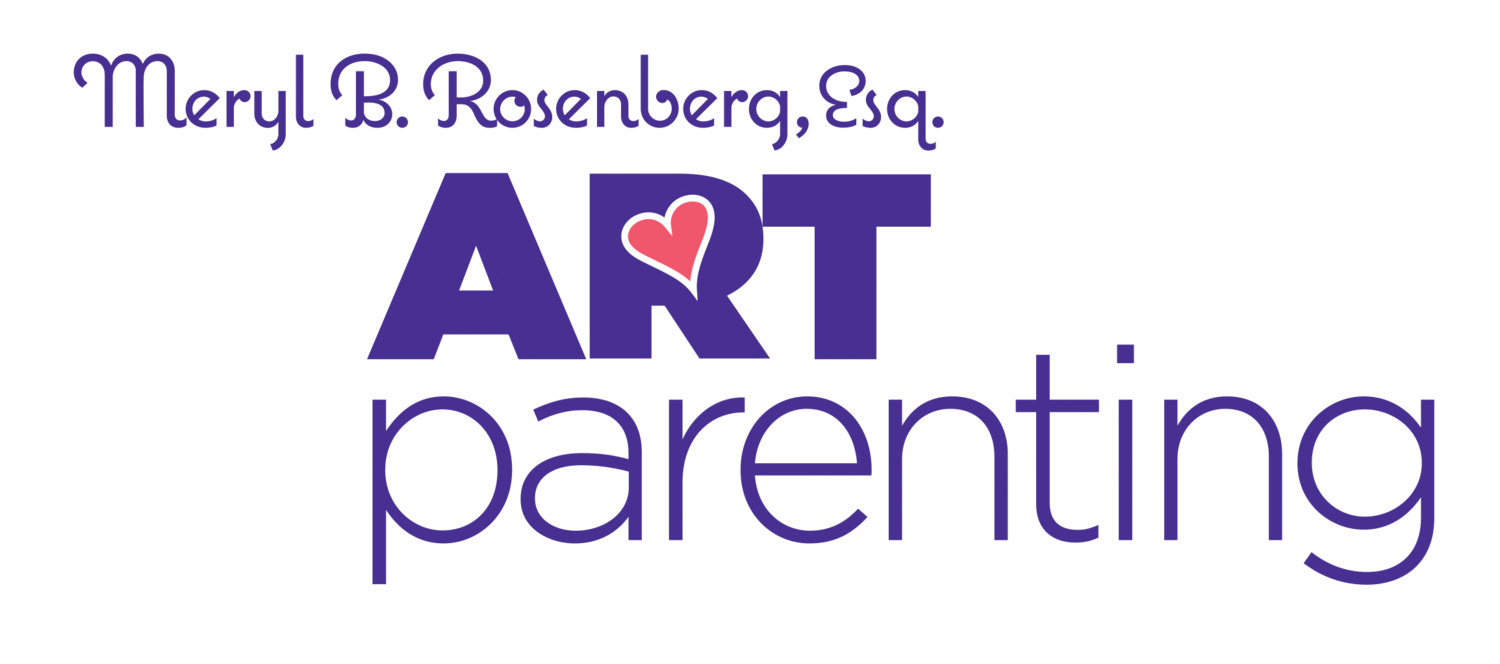
Step-Parent Adoption and Second-Parent Adoption
We are here to help ensure your parental rights are protected and your family-building process is safe and secure.
Same-Sex Couples embarking on parentage through third-party reproduction — including through egg, sperm or embryo donation, or the surrogacy process — need assurance that both parents will be legally recognized when one parent is the genetic parent. Step-parent or second-parent adoption solves this issue.
Step-Parent Adoption
Step-parent adoption is the legal adoption of a child by the spouse of the child's genetic parent. Generally, step-parent adoptions are necessary when one is adopting the child of their spouse while the person who is the legal parent retains their parental rights.
The need for this mechanism varies among different states and cases. Individual family courts require different documents to complete this process. The bottom line is that when one parent is already the legal parent, a step-parent adoption is needed (1) to give the non-legal parent his or her status as a legally recognized parent, and (2) to obtain a new birth certificate with both parents’ names on it if one has not yet been issued.
Second-Parent Adoption
Second-Parent Adoption is a primary mechanism for LGBTQ couples to ensure that both individuals will be legally recognized as the child’s parents. Second-Parent Adoption is the adoption of a child by a second parent who is not married to the legal parent of the child without terminating the first legal parent's rights. It allows the “second” parent to legally establish a parent-child relationship without the legal parent relinquishing his or her rights to the child.
We recommend a Step- or Second-Parent Adoption even if you are both on the child’s birth certificate at the time of birth. A birth certificate is not a final order of the court recognizing both parents as the legal parents. At some point in time, with just an administrative process automatically naming both parents on the birth certificate, or a filing of documents for the same, it is possible that the non-biological or the parent who did not deliver the child could be found not to be a parent at all. The final parentage judgment will ensure that never happens.
Co-Parenting Agreements and Custody Agreements
What to do if a second-parent adoption is unavailable. Not all states allow second-parent adoptions: If second-parent adoption is unavailable where you live, you should prepare a written co-parenting agreement or a custody agreement with your partner.
It is important to recognize that these steps are not guaranteed to secure your parental rights because courts are not required to uphold such agreements. However, it is still recommended that you complete such agreements so that they may be used to demonstrate your intention to the court if ever needed.
Custody agreements are similar to prenuptial agreements in that they outline ahead of time how you agree to conduct yourself during your relationship and how to behave in the event of a break-up. Alternatively, some couples manage to develop such agreements after deciding to separate, especially if their separation is an amicable one. In either event, preparing a custody agreement with your partner can provide a non-legal parent with a much greater degree of control in the event of a separation. Because family law varies from state to state, it is recommended that you consult an attorney familiar with these issues in your state for help drawing up such documents.
Let us help with your Step-Parent or Second-Parent Adoption in Maryland and D.C.
With a Step-Parent or a Second-Parent Adoption completed, parents will have equal responsibility for their child and a say in a child’s medical care, academic and educational needs, extra-curricular activities, and cultural upbringing. Any challenge to your relationship with the child is eradicated.
Meryl B. Rosenberg, Esq. has been helping clients in Maryland and the District of Columbia with Step-Parent and Second-Parent Adoptions since 1993, and can provide you with the legal services that ensure both parents will be legally recognized as the child’s parents — as they should be! Contact Meryl to get your questions answered.
Read more about how this legal tool can help same-sex couples: What LGBT Couples Need to Know: Second-Parent Adoption.


